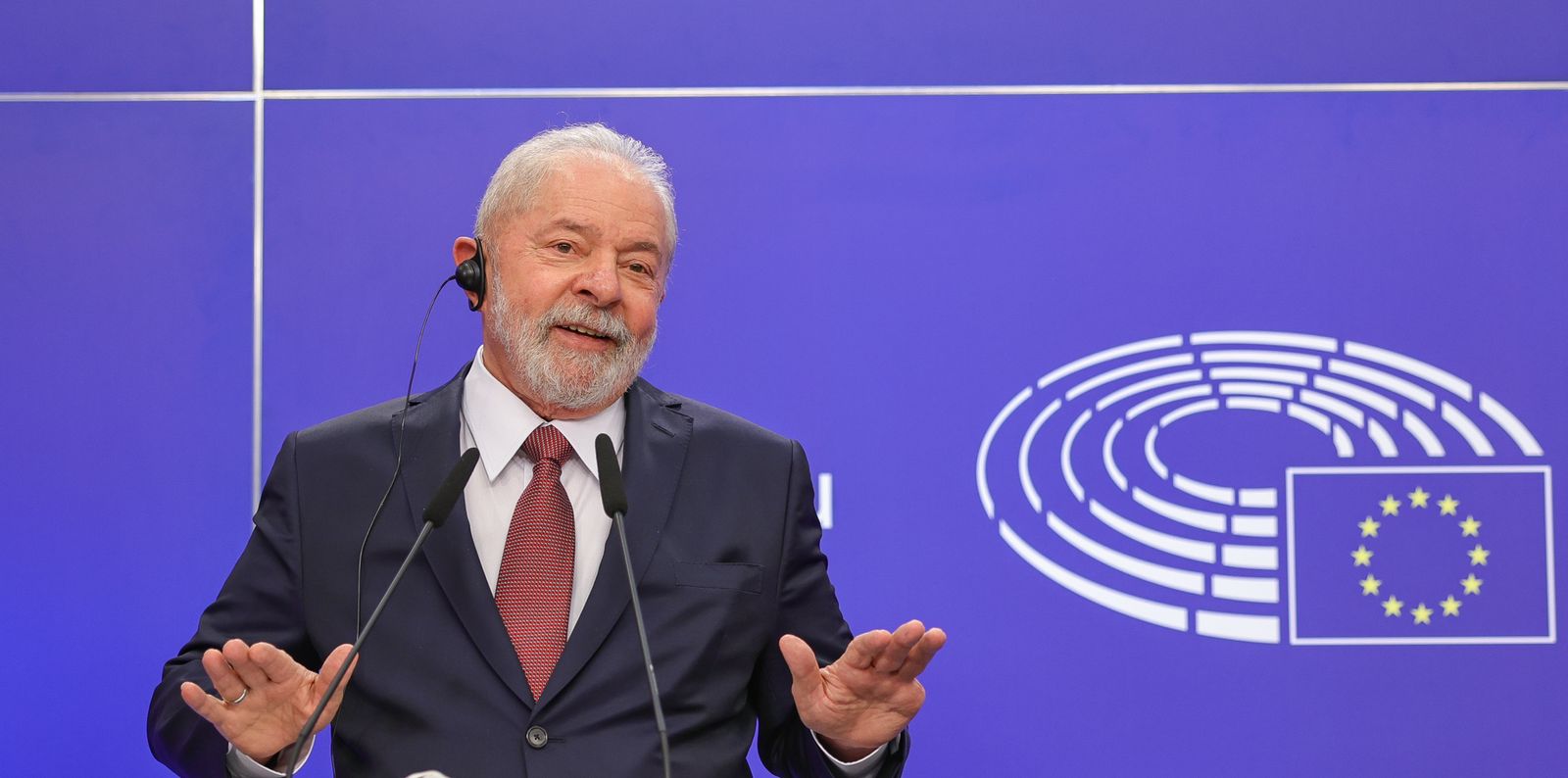
Photo: reproduction
In yet another memorable article [24/2]professor José Luís Fiori lists a series of “declarations and behaviors [dos EUA e aliados europeus] which only reinforce the ‘narrative’ of the Russians that the conflict in Ukraine began long before the ‘Russian invasion’ of Ukrainian territory”.
The milestone of this process was the breach of the US commitment not to advance NATO’s territorial domains towards Eastern Europe after the end of the Warsaw Pact and the dissolution of the Soviet Union.
In Fiori’s view, “it was exactly from that moment that the five expansive waves of NATO followed one another, and which reached the Russian borders of Georgia and Ukraine”.
“A year after the start of the Russian invasion, the war is now directly and explicitly between Russia and the United States and its European allies, and everything indicates that the United States has decided to increase its involvement even further. [militar] no conflict,” says Fiori.
As he has warned in his analyses, Fiori once again highlights that the battlefield in Ukraine is, at bottom, part of the competition for global power between the great powers – “as always, with its back turned to any and all ethical and critical judgments of the war itself, and its immense human, social, economic and ecological disaster”.
The UN General Assembly resolution of 2/23, in this sense, is yet another instrument of US pressure in the escalation of the dispute for world power and whose effect, in concrete terms, is harmful to the construction of political and negotiated solutions.
The resolution has a clear anti-Russian and pro-conflict bias, so much so that two very reasonable amendments suggested by Belarus were rejected.
According to a UN statement, “the rejected text removed the provisions blaming Russia for starting the conflict” and also proposed “the peaceful resolution of the conflict and the prohibition of the supply of weapons to Ukraine”. It is precisely through the supply of arms to Ukraine that the USA and its allies promote the proxy war against Russia.
Despite the rejection of the proposed amendments, even so, Brazil voted in favor of the resolution which, in practice, creates obstacles to peace and does not contribute to the resolution of the conflict.
It should be remembered that Brazil’s position in favor of this resolution is consistent with the country’s position since the outbreak of the conflict, exactly one year ago.
It happens, however, that this position could prove to be counterproductive for the Brazilian strategy of making viable the “club of countries for peace” defended by President Lula.
Or not, but that would happen in the regrettable hypothesis of the vote aligned with the US serving as a bargaining chip to make the Brazilian proposal viable to the detriment of a composition with the China plan, presented today, with 12 proposals for peace and which, not chance, it was summarily rejected by NATO. The Secretary General of the Organization, Jens Stoltenberg, fulminated the initiative: “China does not have much credibility because the country did not condemn the invasion”.
Brazil’s abstention in the company of the BRICS countries, on the other hand, would reflect a posture of critical impartiality and ability to mediate the conflict. And it would increase the country’s legitimacy to lead, alongside other nations not involved in the war, the world negotiating effort to establish peace.
The active and proud foreign policy was quite successful during the cycle of PT governments in the first 15 years of this century. However, in this historic period of growing contestation of the Euro-American world order and the dispute for a multipolar world, this policy faces new requirements.
As well as the war in Ukraine, the position of the Brazilian government in relation to the coup d’état in Peru and the automatic recognition of the presidency of Dina Boluarte, also challenges Brazilian foreign policy in this new historical cycle in which the Lula III government unfolds.
Originally posted on Jeferson Miola’s blog
Join our WhatsApp group, clicking on this link
Join our Telegram channel, click this link
Source: https://www.diariodocentrodomundo.com.br/guerra-na-ucrania-e-golpe-no-peru-desafiam-a-politica-externa-brasileira-por-jeferson-miola/

